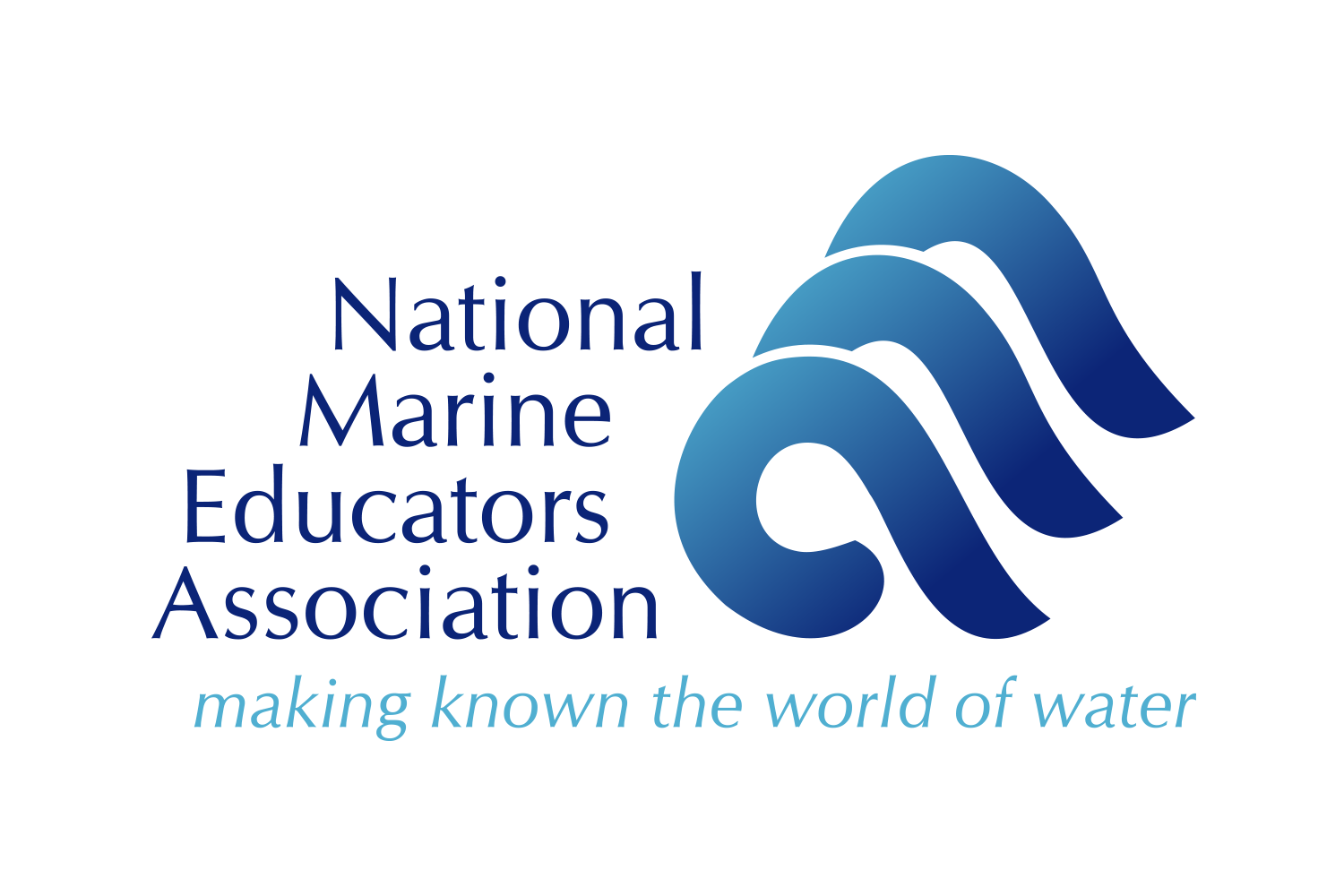Mentors make all the difference with Carla Curran
Mary Carla Curran
Full Professor
Savannah State University
Savannah, Georgia
My pathway into marine science education started with a fascination with fish. To pursue my interest in marine fishes, I became a Rotary Exchange student and traveled to Australia for a year after high school. I was able to take classes at James Cook University and study the Great Barrier Reef. I came back to the US and attended the University of South Carolina for my B.S. degree in Marine Science. My professors there encouraged me to apply for a Fulbright fellowship, which led to the flounder research I completed in New Zealand before attending graduate school. All these experiences and the wonderful mentorship I received ultimately brought me to the Woods Hole Oceanographic Institution/MIT Joint Program, where I earned my Ph.D. in Biological Oceanography. After graduating, I went to Italy to study a fish species that changes sex from female to male (sequential hermaphroditism), and then to Rutgers University to study flounder ecology.
As a university professor at Savannah State University, a Historically Black College and University, most of my time is spent teaching undergraduate and master’s level classes and conducting research. I am currently studying the seasonal distributions of flatfishes (e.g., flounders, sole) in Georgia. I have a 15-year data set that may soon shed insight into any potential effects of climate change on these organisms.
I love working with students because I am always learning something new through them, as their interests are very diverse. We have tracked sharks and stingrays, studied marsh ecology, and conducted experiments on parasite-host interactions. Many of my students also collaborate with me on outreach activities. I have published over 30 of these K-12 activities in peer-reviewed education journals such as Current: The Journal of Marine Education. This is a way for me to share my passion for science with younger students along with their teachers.
Carla works with a student from Perkins School for the Blind during a marine science weekend event at the Woods Hole Oceanographic Institution.
I am currently working with students from Perkins School for the Blind as well as Florida School for the Deaf and Blind. Recent lessons have focused on marine mammal vocalizations, ocean currents, and harmful algal blooms (HABs). I am also teaching them about my fish research by sonifying my data. In data sonification, I can assign musical pitches to my fish abundance data so students can hear the seasonal patterns in the number of fish I obtain (the higher the pitch, the more fish are present). I will soon have a “symphony” of six species I will be able to play for them!
The highlight of my fall was the opportunity to chaperone some visually impaired students at Space Camp in early October in Huntsville, Alabama. The Space Camp for Interested Visually Impaired Students (SCIVIS) program is a one-week program during which almost 200 visually impaired students from around the world came to learn about robotics, aviation, space missions, rocket construction, and international law. They were given physically challenging tasks that included climbing a 60-foot tower and ziplining down. Their courage and enthusiasm has encouraged me to work towards overcoming my own obstacles—both personal and professional. Space exploration has recently been in the news because the first all-woman space walk just occurred.
Although I know I may not be able to reach every single student I work with, I am encouraged to keep trying. As I know from first-hand experience, having just a few mentors at the right time can make all the difference. It’s never too late to reach out because sometimes you cannot tell what difference you are making in the short term. In fact, no matter where you are in your career you can still find a mentor. I decided this year to find a creative mentor/coach in the arts and am now working on STEAM projects instead of STEM. I look forward to sharing that work at the upcoming NMEA meetings!
Carla at SCIVIS Space Camp in Huntsville, AL
Carla pretends to be an astronaut at SCIVIS Space Camp
Carla is a marine science professor at Savannah State University. She teaches undergraduate and master's-level classes while conducting research on fish ecology and parasite-host interactions in addition to her outreach efforts.

